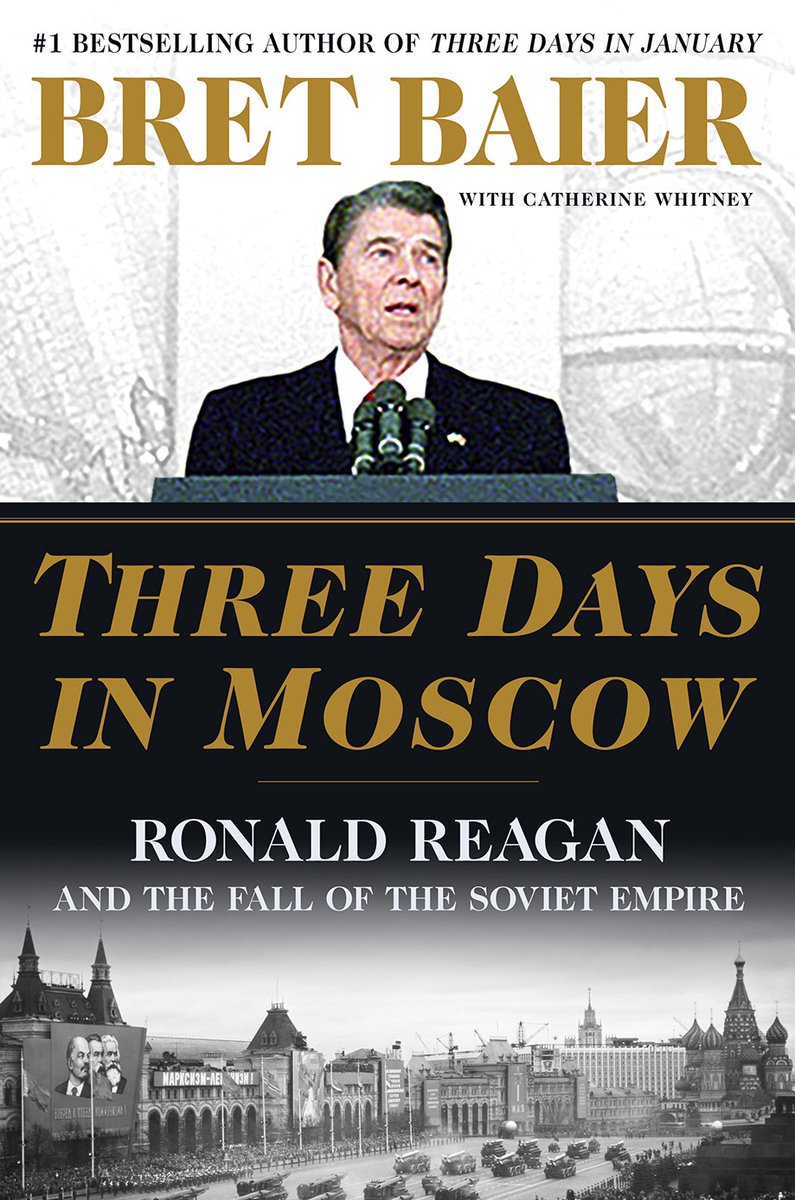Three Days in Moscow
Three Days in Moscow The first USA-eVote Reads post not to be featured in a history series post. But, it is also the… Read More »Three Days in Moscow
Three Days in Moscow The first USA-eVote Reads post not to be featured in a history series post. But, it is also the… Read More »Three Days in Moscow
